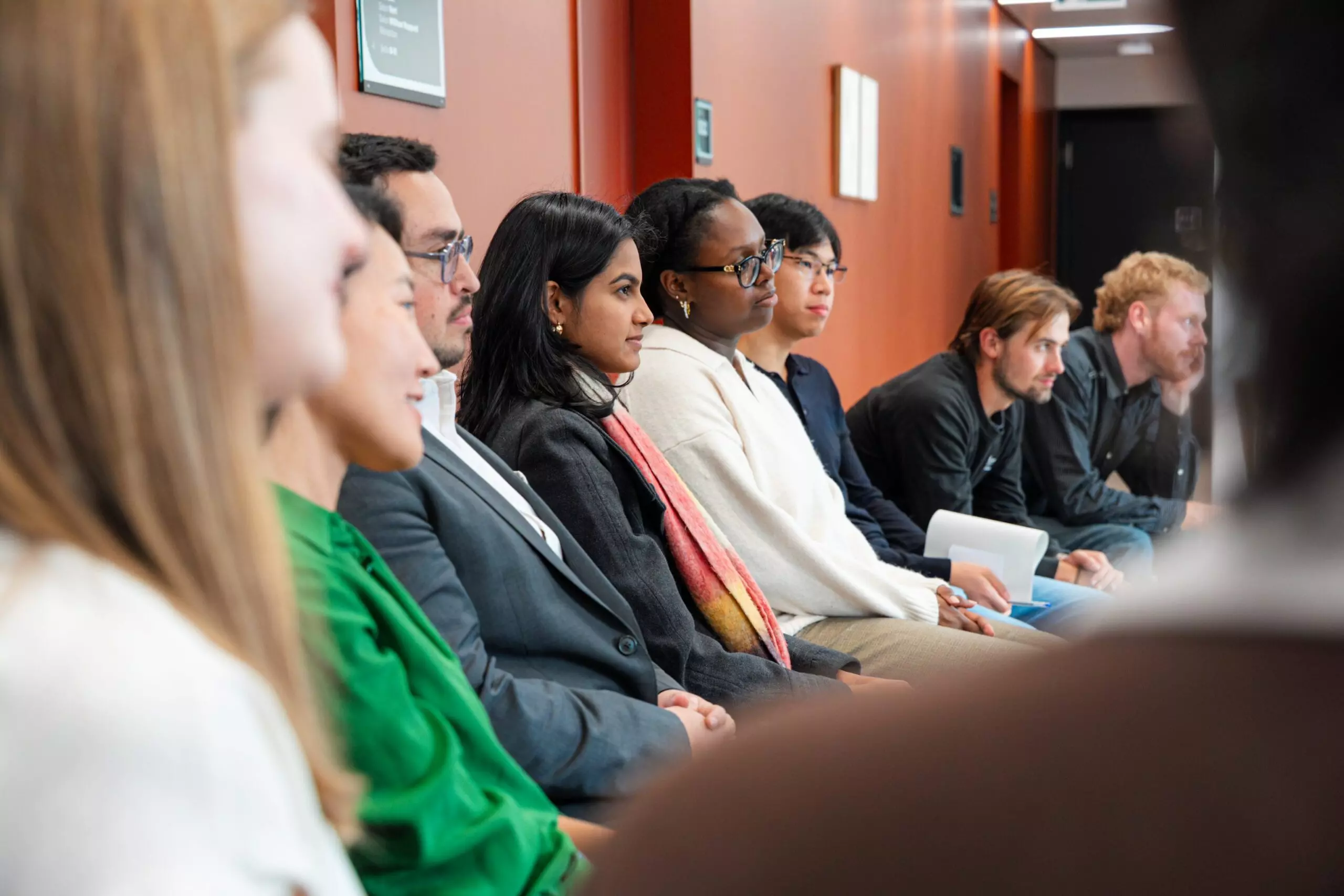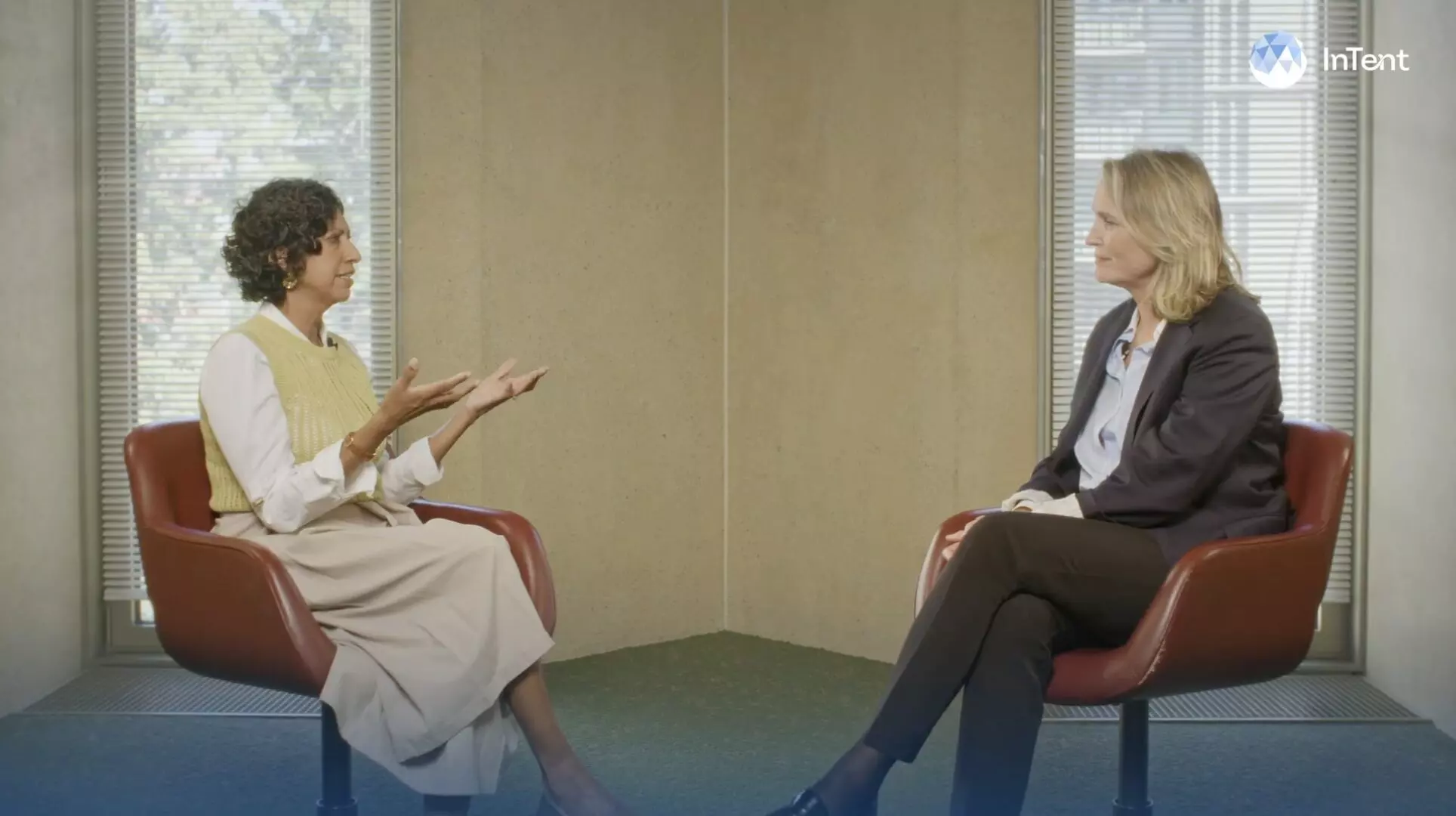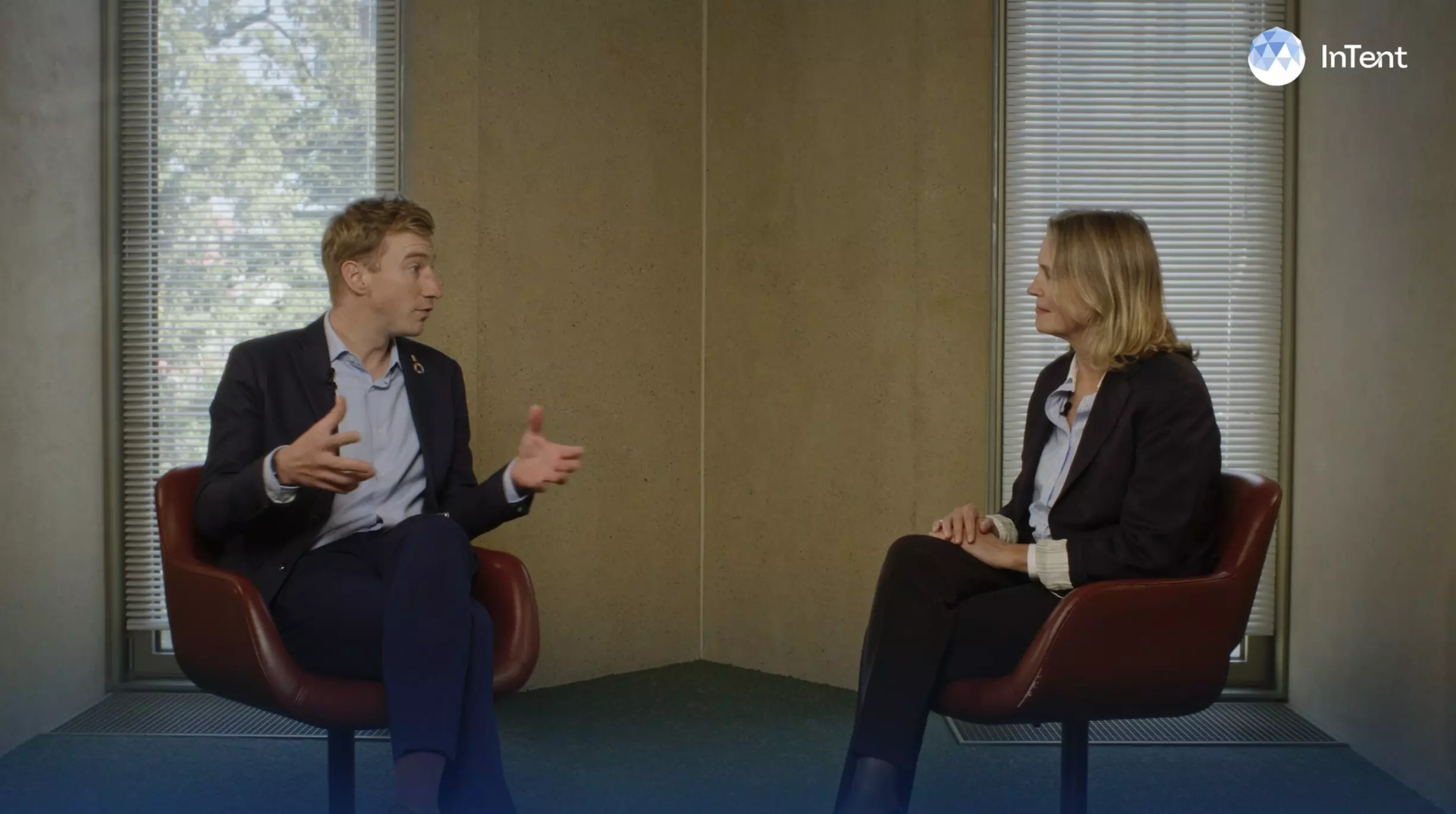Ideas and stories
InTent opens an empowering space where bold ideas can emerge and grow. We share and amplify science-based knowledge and frameworks, stories that redefine success and ideas that drive business transformation.
Singular Ideas
Make nature count
From Davos to COP17: building the business case for land
Land degradation has become one of the defining business risks of the decade, yet it sits uncomfortably between sustainability, operations and finance, owned by everyone and therefore by no one. With three United Nations COPs ahead in 2026 — on climate, biodiversity and land — businesses face a narrowing window to move beyond pledges and help shape the governance frameworks that will define future action. Against this backdrop, Business4Land Champions Council was launched by the UNCCD to bring business into the land governance agenda and to explore how land restoration can move from a shared concern to an investable asset.

6 min. read

Programme
Fostering bold leadership
Make nature count
Value all forms of capital
InTent Internship Programme (#IIP)
The IIP connects impact-driven Bachelor, Master, or MBA students from leading universities with Startups and NGOs innovating for a fairer, nature-positive and more resilient world through sponsored summer internships.
This programme provides an opportunity for passionate and talented interns to drive participating organizations to the next level and develop solutions for challenging issues.
This programme provides an opportunity for passionate and talented interns to drive participating organizations to the next level and develop solutions for challenging issues.
6 min. read
Singular Ideas
Fostering bold leadership
Trust as Infrastructure: Business’ Next Strategic Imperative
From the Jeffrey Epstein cover-up in the United States to the UK's maternity care crisis at the National Health Service, a crisis of trust in institutions is rolling like a tsunami over our societies. We're far past the point where the trust crisis is endangering the pillars that keep our society standing: they're crumbling. But why is this so, and what can we do about it? An article by Peter Vanham, Co-author, The New Nature of Business.

6 min. read

Singular Ideas
Fostering bold leadership
Make nature count
Value all forms of capital
2026 perspectives: reflecting on 6 years of InTent
In 2019, we first gather “in a tent” at Davos to make nature and inclusion part of the agenda of global business and political leaders.
This year, “InTent” gathers once again with the same purpose, but more solid foundations – both literally and figuratively. Our meetings now are part of a process and structure, set up for systemic change. We still converse, but now also follow up with actions and plans. And we gather in Hotel National, the new home of InTent at Davos. Here are the lessons learned along the way by InTent’s co-founder André Hoffmann.
This year, “InTent” gathers once again with the same purpose, but more solid foundations – both literally and figuratively. Our meetings now are part of a process and structure, set up for systemic change. We still converse, but now also follow up with actions and plans. And we gather in Hotel National, the new home of InTent at Davos. Here are the lessons learned along the way by InTent’s co-founder André Hoffmann.
3 min. read
In conversation
Value all forms of capital
Switzerland as a living lab for prosperity: unpacking the Swiss Impact and Prosperity Initiative
Launched in Davos earlier this year, the Swiss Impact & Prosperity Initiative (SIPI) wants to move Switzerland beyond box-ticking sustainability toward a shared, pragmatic goal: enduring prosperity—and the coalitions to deliver it.
Katell Le Goulven interviews Stephanie Tauber Gomez from BLab Switzerland at Building Bridges.
Katell Le Goulven interviews Stephanie Tauber Gomez from BLab Switzerland at Building Bridges.
6 min. read
In conversation
Fostering bold leadership
Is money the most impactful asset of wealth owners? Not only, says a new multicapital playbook for private wealth

6 min. read
In conversation
Make nature count
Putting nature on the balance sheet: a CFO’s next frontier

12 min. read
In conversation
Value all forms of capital
Innovative Solutions and Investment Opportunities in Sustainable Finance with TNFD
Ahead of Building Bridges, we sat down with Tony Goldner, the CEO of the Taskforce on Nature-related Financial Disclosures (TNFD), to explore how a shared understanding of value, across natural, social, and financial capital, can guide more effective and sustainable decision-making.
5 min. read
In conversation
Fostering bold leadership
From Purpose to Practice: Building Cultures of Regenerative Leadership
In this conversation, Rachel Brooks and André Hoffmann explore the cultural shifts needed to shape regenerative leadership.
8 min. read

In conversation
Fostering bold leadership
Shifting Paradigms: A Conversation on Systems Change and Resilience – with Nora Wilhelm
In the following interview, InTent asked Nora Wilhelm about her journey, what led her to systems change, why she founded Parayma, and how she stays resilient in the face of the adversity inherent in changework.
6 min. read

In conversation
Make nature count
Regeneration: Going Beyond Sustainability
In this article, InTent sheds light on one of our partners’ approaches – Unearthodox – who support bold ideas that help all life on earth to thrive.
5 min. read
In conversation
Fostering bold leadership
How to equip leaders to integrate climate, nature, and people into business strategies?
InTent has asked Business Schools for Climate Leadership (BS4CL) to share their views on the future of business education and their plans to accelerate the sustainability transition on campus and beyond.
5 min. read